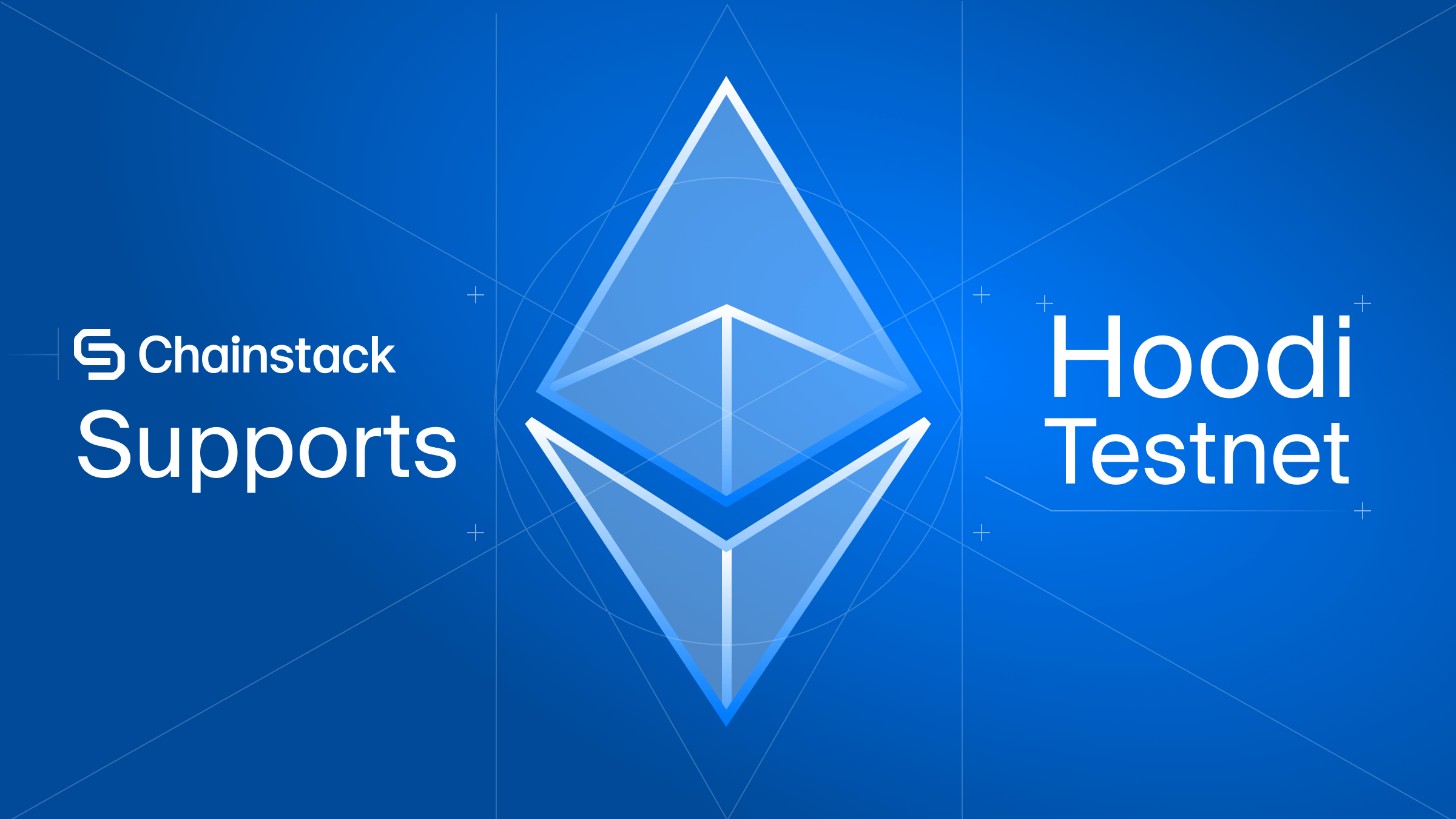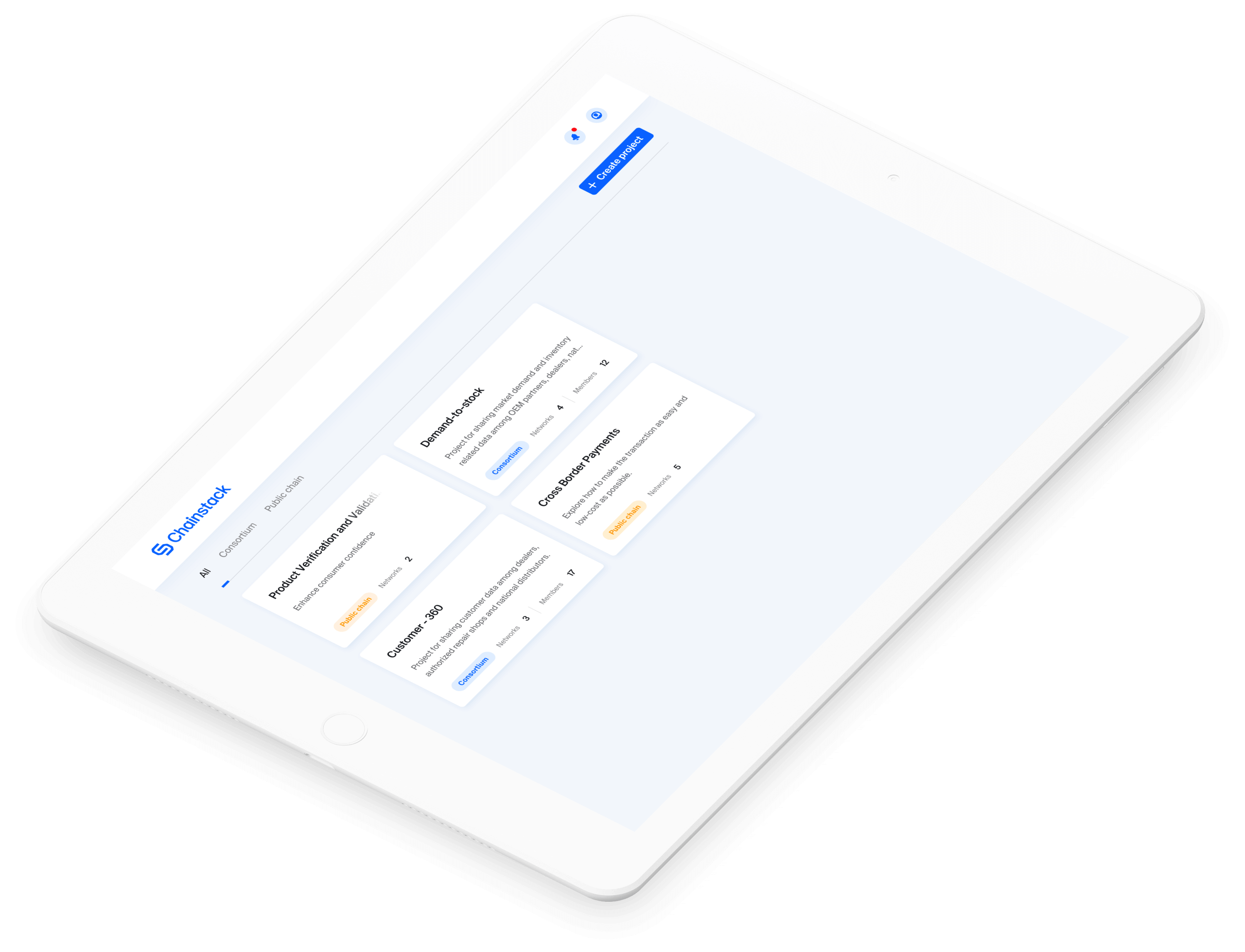The Web3 developer’s EVM Swiss Army Knife

At Chainstack we aim to provide Web3 developers with all the tools that they need in order to build their DApps. Being builders ourselves, we felt the need to put all the useful tools that a Web3 developer uses, under one roof. This is how we came about making what we like to call the EVM Swiss Army Knife.
What is the EVM Swiss Army Knife
It is a suite of mini-tools built for Ethereum Virtual Machine (EVM) developers. It is composed of smart contract event tools, Solidity calldata tools, Converters & more.
You can find a brief description of each tool below, along with a link to it, so that you can jump ahead and use it.
Smart contract event tools
Generate event signature tool
An event signature is a unique identifier for a specific event emitted by a smart contract on the blockchain. These signatures are generated using a formula that takes into account the event name and its emitted data types.
Specifically, the event signature is produced by hashing the event’s name and parameter types with Keccak-256.
Encode event topics tool
An event topic is a 32-byte representation of an event parameter. Encode a topic to use it to retrieve logs when querying your Chainstack node.
Learn how to retrieve event logs using the eth_getLogs method on the Chainstack developer portal.
Solidity calldata tools
Generate Solidity functions signature tool
In Web3 and Solidity, calldata refers to the input data that is sent along a transaction when an account is interacting with a smart contract and calling its functions. The first 4 bytes of calldata represent the function’s signature.
Learn how the encoding process work following the How to encode calldata parameters to programmatically interact with a smart contract recipe on the Chainstack developer portal.
Encode calldata parameters
Parameters passed to the function in calldata are represented as 32 bytes of data.
Learn how the encoding process work following the How to encode calldata parameters to programmatically interact with a smart contract recipe in the Chainstack developer portal.
Smart contract source code and ABI tool
Input a smart contract address to retrieve its source code and ABI. Note that the contract must be verified.
Find an example of a verified smart contract on Etherscan.
Conversion tools
Decimal, Hex, and Ethereum Units conversion tools
Keccak-256 hashing tool
Keccak-256 is a cryptographic hash function that generates a unique, fixed-size string of bytes for each unique input it receives. This feature makes it useful for ensuring data integrity, as any change in the input data leads to a different hash output. It’s virtually impossible to derive the original input from the hash output, making it a one-way function.
Find a list of examples where Keccak-256 is used in the Chainstack developer portal.
Checksum address tool
A checksummed address is a standard Ethereum address with certain characters capitalized to include a checksum validation. Checksumming is a way of having error-detection codes in an Ethereum address. Checksumming aims to prevent errors when an address is typed manually.
Find more about checksum in Ethereum in the Chainstack developer portal.
ENS to address conversion tool
Convert an ENS name to an Ethereum address.
Input the name with or without the .eth extension.
Power-boost your project with Chainstack
- Discover how you can save thousands in infra costs every month with our unbeatable pricing on the most complete Web3 development platform.
- Input your workload and see how affordable Chainstack is compared to other RPC providers.
- Connect to Ethereum, Solana, BNB Smart Chain, Polygon, Arbitrum, Base, Optimism, Avalanche, TON, Ronin, zkSync Era, Starknet, Scroll, Aptos, Fantom, Cronos, Gnosis Chain, Klaytn, Moonbeam, Celo, Aurora, Oasis Sapphire, Polygon zkEVM, Bitcoin and Harmony mainnet or testnets through an interface designed to help you get the job done.
- To learn more about Chainstack, visit our Developer Portal or join our Discord server and Telegram group.
- Are you in need of testnet tokens? Request some from our faucets. Multi-chain faucet, Sepolia faucet, Holesky faucet, BNB faucet, zkSync faucet, Scroll faucet.
Have you already explored what you can achieve with Chainstack? Get started for free today.
 Ethereum
Ethereum Solana
Solana TON
TON Base
Base BNB Smart Chain
BNB Smart Chain Sui
Sui Unichain
Unichain Aptos
Aptos TRON
TRON Ronin
Ronin zkSync Era
zkSync Era Sonic
Sonic Polygon
Polygon Gnosis Chain
Gnosis Chain Scroll
Scroll Avalanche Subnets
Avalanche Subnets Polygon CDK
Polygon CDK Starknet Appchains
Starknet Appchains zkSync Hyperchains
zkSync Hyperchains



























